THE
LOW
PASSIONS POEMS ANDERS CARLSON-WEE  W. W. NORTON & COMPANY INDEPENDENT PUBLISHERS SINCE 1923 NEW YORK | LONDON for Mom, Dad, Kai, and Olaf for all those who took me in when I was far from home and in loving memory of Scott Christopher Maxwell CONTENTS THE
W. W. NORTON & COMPANY INDEPENDENT PUBLISHERS SINCE 1923 NEW YORK | LONDON for Mom, Dad, Kai, and Olaf for all those who took me in when I was far from home and in loving memory of Scott Christopher Maxwell CONTENTS THE
LOW
PASSIONS Out of all the dumpsters that could have been empty, all the weather that could have bloomed over the prairie and ruined me, all the cars that could have sped by without hesitating and left me on the fog line nameless forever. The trains that could have taken my legs. The men that could have pulled a switchblade and opened me like a flood enfolding the red North Dakota clay. Out of all the hazards we pass through in amazement, all the stories we tell of luck and good fortune and prayer and survival, it is always our own lungs that dry up and darken, our own miles that straighten, our own hunger that wanes.
The Lord gives us mountains and we fail to mine out that grandness. The Lord gives us trains and we waste those distances transporting coal. Some say the world is broken, some say the Good Lord has forsaken our dreams, but I say it is our own throat that grows the cancer, our own asthma that blackens our breath to a wheeze. And the truth is, the mile-long train will always crawl past. The socket-fixed gaze of the owls skull will always turn perfectly backwards. We will always be bodies among ghosts.
And what is important to them is not how we ride on the westbound freighter, not how we shiver, not how we crawl crooked and thin and climb yet again into the trembling eyehole. It is not about suffering. It is not about fear. We must peer out from inside the owls eye. Watch the coal dust cook in the wind eddies. Watch it linger.
Watch it spiral thinly as it bruises the blue-faded mind of the buffalo sky. We must be the pupil that swells in the coming darkness. The cargo worth carrying across the distances. I twist in my seat beside the woman who picked me up on County 19, reaching back to help her son eat his Happy Meal. I fly a french fry through the air, thinking how weird it is to hitch a ride on the road Ive driven so many times with my dad the route between our house and the old folks home where Grandma lasted alone for fourteen years. This is your grandson. This is your grandson.
Were so happy to see you. The woman asks me where Im going and I say as far as you can take me, but as we pass the old folks home I tell her to pull over. The boy is finished with his Happy Meal and now he points at the bruise on his elbow and says Ouch. His mom nods at him in the rearview as I get out. Thats right, she says. Ouch.
There is the low roofline, the sign with a bible quote in changeable letters, my grandmas old window as blank as it was when she lived here, some earth dug up in the bordering cornfield for construction of a new wing. I think about barging through the doors and demanding to see Elizabeth Wee, making some kind of scene. I think about setting up camp in the hole in the cornfield and refusing to leave. But instead I wander the grounds for a while. I lie in the parking lots grass island and watch cornstalks feathering the road with lank shadows, the sunlight dipping down into the tassels. I want speed.
I want new people. To ditch this slow sanitary drain of golden light, my pastor parents and their immovable faith, this towns brown river exhausting its banks. Elizabeth is underground. So is my cousin. Stones like polished teeth in the family plot. In the twilight I walk back to the shoulder and catch a ride from a farmer hauling a trailer stacked with hay bales three-high.
When he asks me where Im going I say as far as you can take me. My brother hits me hard with a stick so I whip a choke chain across his face. Were playing a game called Dynamite where everything you throw is a stick of dynamite, unless its pine. Pine sticks are rifles and pinecones are grenades, but everything else is dynamite. I run down the driveway and back behind the garage where we keep the leopard frogs in buckets of water with logs and rock islands. When he comes around the corner the blood is pouring out of his nose and down his neck and he has a hammer in his hand.
I pick up his favorite frog and say If you come any closer Ill squeeze. He tells me I wont. He starts coming closer. I say a hammer isnt dynamite. He reminds me that everything is dynamite. Seven Camels touching on the bedstand in a measured row, like a pan flute with flush pipes that, when blown, all hit one note.
An eighth, unlit, fits loosely in his curled fingers. A few empty Coors rim the bathroom sink, pull tabs removed. Theres no need to check for a pulse, hold a credit card for breath. Ive worked with carcasses the size of men. Gagged at the odor of a doe letting go, smoked flies off piles of organs, heard the wet rip of skin teased free in oval sheets. I know the creature is no longer there.
No longer anywhere. But the hair still spins the cowlick. The neck still cranes as if to listen. The wind is in the trees again, and Im thinking its a wonder the body can move. The way the mother at the Fargo food bank fingers a can of concentrated juice. The way the line keeps heaving forward.
The way the child tugs the heavy skirt. My job is to look for the elderly, help them load. Like the guy who grew up in Oslo and is still trying to make it to Bergen. Its a straight shot on the train, he says, but you have to be in Norway to catch it. I lift his meat and yogurt onto a cart. I wait as he chooses nine of the least bruised carrots.
The trunk of his car has the smell of dried flowers, and his baguettes fit lengthwise easily. But before I help him lower himself into the drivers seat, and before his hands pass over one another, turning into the northbound traffic, he tells me Im young. Tells me its spring. Says I should be out of here, heading for Bergen. I know hes right. I know hes so goddamn right.
I stand as still as I can as he leaves. We crammed in McAlpines Pulse and drove west out of Fargo to see the train wreck. Late summer and the heat moaning from the radiator, smoke gushing from the seams in the hood, all of us snake-biting McAlpines neck when he admitted hed thinned the coolant to try to make it stretch. We passed Whale-O-Wash where the volleyball girls held up cardboard signs, did barefoot high kicks in bikinis, offering five-dollar specials to raise funds for their team. We passed M&H Gas. Ironclad.
Rickerts Bar. The Hardees parking lot where the Moorhead kids lounged on the hoods of their cars, but we didnt flick them off because we knew about Garcia, whod just hung himself in his fathers closet with a belt. Skateland. Hebron Brick. My mothers church on Division boarded up and watermarked at the windows, signed by the height of the flood in the spring. Indian Triumph.
Curts Lock and Key. Ameristeel where McApline worked with his uncle on weekends. The bums asleep on layers of newspaper in the bushes beside Bell State Bank. Tintmasters. Dakota Electric. The rubble and brick where last winter a lady carved a swastika into her wrist before burning down her own fortuneteller business.
The old folks home where wheelchaired vets waved out the windows at whoever came by. Bozak flicked them off and we all laughed. We passed the last trees on the edge of town and gunned down a county road through the ripening beets, cranking up the windows and blasting the heat as McAlpine pushed the Pulse above 90. We called this Operation Desert Storm the North Dakota roads so flat and straight you could hit 95 before the car started to quiver, McAlpine screaming into the windshield: Oppy Desy! Oppy Desy! All of us peeling off our shirts and wearing them like turbans. As we hit 99 I dug a onesy from the glovebox and packed it and held it to McAlpines trembling lips.
Next page

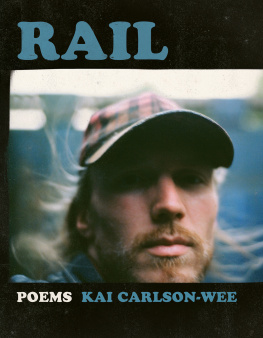
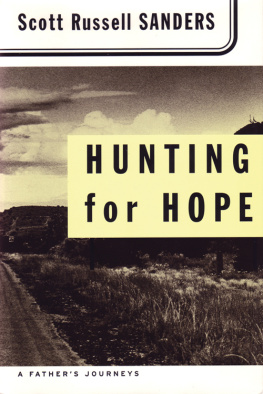
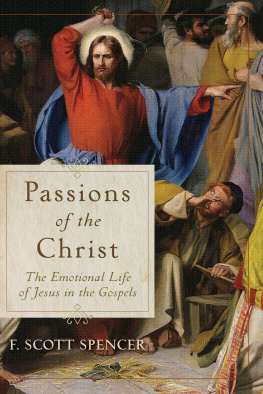
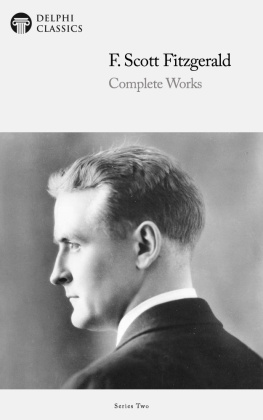

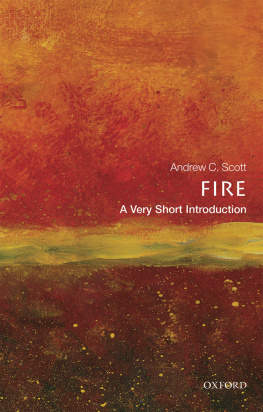
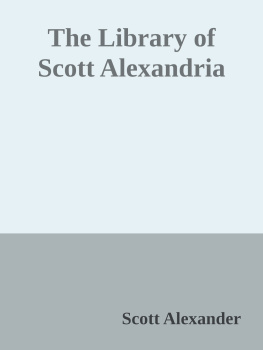
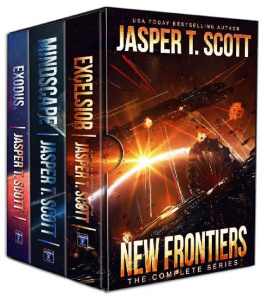
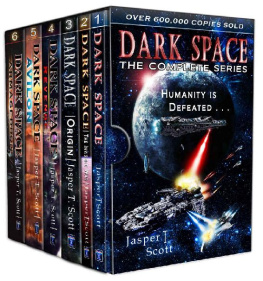
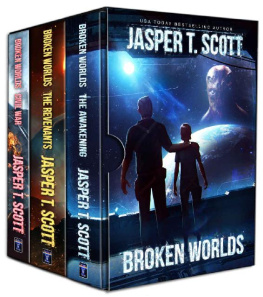
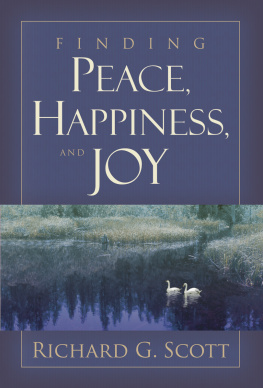
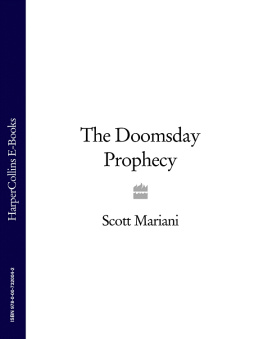
 W. W. NORTON & COMPANY INDEPENDENT PUBLISHERS SINCE 1923 NEW YORK | LONDON for Mom, Dad, Kai, and Olaf for all those who took me in when I was far from home and in loving memory of Scott Christopher Maxwell CONTENTS THE
W. W. NORTON & COMPANY INDEPENDENT PUBLISHERS SINCE 1923 NEW YORK | LONDON for Mom, Dad, Kai, and Olaf for all those who took me in when I was far from home and in loving memory of Scott Christopher Maxwell CONTENTS THE